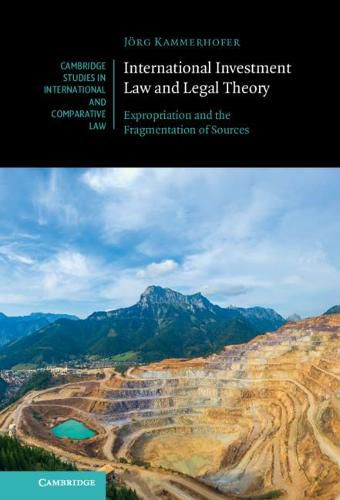Readings Newsletter
Become a Readings Member to make your shopping experience even easier.
Sign in or sign up for free!
You’re not far away from qualifying for FREE standard shipping within Australia
You’ve qualified for FREE standard shipping within Australia
The cart is loading…






Expropriation is a hotly debated issue in international investment law. This is the first study to provide a detailed analysis of its norm-theoretical dimension, setting out the theoretical foundations underlying its understanding in contemporary legal scholarship and practice. Joerg Kammerhofer combines a doctrinal discussion with a theoretical analysis of the structure of the law in this area, undertaking a novel approach that critically re-evaluates existing case-law and writings. His approach critiques the arguments for a single expropriation norm based on custom, interpretation and arbitral precedents within international investment law, drawing also on generalist international legal thought, to show that both cosmopolitan and sovereigntist arguments are largely political, not legal. This innovative work will help scholars to understand the application of theory to investment law and help specialists in the field to improve their arguments.
$9.00 standard shipping within Australia
FREE standard shipping within Australia for orders over $100.00
Express & International shipping calculated at checkout
Expropriation is a hotly debated issue in international investment law. This is the first study to provide a detailed analysis of its norm-theoretical dimension, setting out the theoretical foundations underlying its understanding in contemporary legal scholarship and practice. Joerg Kammerhofer combines a doctrinal discussion with a theoretical analysis of the structure of the law in this area, undertaking a novel approach that critically re-evaluates existing case-law and writings. His approach critiques the arguments for a single expropriation norm based on custom, interpretation and arbitral precedents within international investment law, drawing also on generalist international legal thought, to show that both cosmopolitan and sovereigntist arguments are largely political, not legal. This innovative work will help scholars to understand the application of theory to investment law and help specialists in the field to improve their arguments.